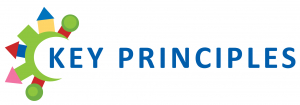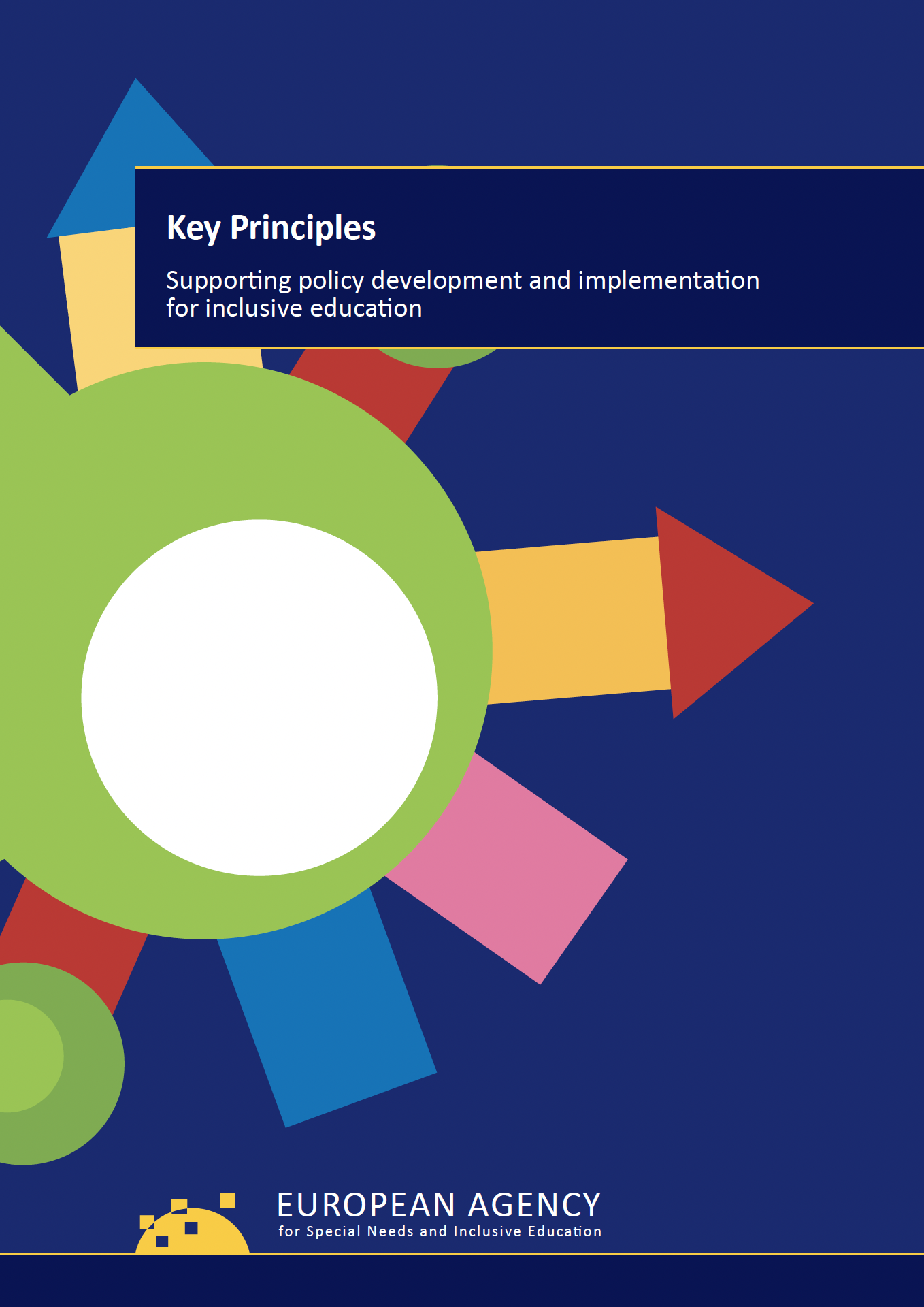The Key Principles publications systematically present recurring messages in Agency work that support the implementation of high-quality education for all learners.
The first two Key Principles publications in 2003 and 2009 had a focus on policy to support the inclusion of learners with special educational needs in mainstream education provision. The third publication in 2011 focused on recommendations for education practice. The most recent publication from 2021 highlights the key principles emerging from Agency work since 2011 for policy development and implementation.
Highlighting fundamental issues for education systems, the Key Principles series reflects the gradual shift in the Agency’s work over the past 25 years: a shift away from a narrow focus on learners’ special educational needs and special needs education as specific provision, towards extending and improving the quality of support for learning that is generally available to all learners. This focus reflects the Agency’s increasing emphasis on being an active agent for change in policy and practice in inclusive education.
The Key Principles reports and outputs are:
- Key Principles in Special Needs Education – Recommendations for Policy-Makers (2003) makes recommendations about including learners with special educational needs within mainstream provision.
- Key Principles for Promoting Quality in Inclusive Education – Recommendations for Policy‑Makers (2009) synthesises the main policy findings from Agency thematic work supporting the inclusion of learners with special educational needs. While this publication still focuses on learners with special educational needs, it stresses that the recommendations are also relevant for mainstream education policy-makers. It thus emphasises the concept of widening participation to increase opportunities for all learners.
- Key Principles for Promoting Quality in Inclusive Education – Recommendations for Practice (2011) moves beyond policy to summarise key principles for practice as evidenced by Agency thematic projects. These include attention to the learner voice and active participation, teacher attitudes and skills, visionary leadership and coherent inter-disciplinary services – issues which remain relevant in the Agency’s work 10 years on.
- Key Principles – Supporting policy development and implementation for inclusive education (2021) focuses on policy development and implementation in line with a broader view of inclusion. This aligns with the Agency’s mission to inform policy development and successful policy implementation at different system levels, most importantly the school level. A Policy Brief and a video presenting the main messages from this report are also available.


